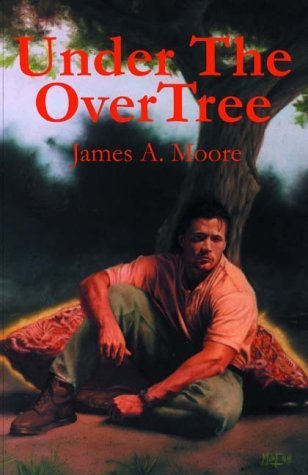So many simple rules, but we're supposed to go with three, so I'll try to behave.
1) Be aware of your craft. By that I mean, READ. Read a lot. Read every damned day. Read all genres, heck, you can even go crazy and read nonfiction without it having to be research. READ. The simple process of reading is honing your skills if you are even remotely aware of your surroundings.
2) WRITE. Every single day. I don't care what your plans are. Write. Be if for ten minutes or several hours, write. Now, that doesn't necessarily mean you are putting words on paper or a file. Sometimes that simply means turning off the internet and actually working through issues of the latest story ideas in your head.
3) LIVE. Listen, I can say this a dozen delicate ways, but I don;t want to. It's nearly a natural tendency for writers to want to isolate themselves. The best of us, as far as I can tell, are extroverted introverts, but given a choice, locking ourselves in the dungeons of our own creation seems to be a positive thing in may eyes.
That's cool. Not.
Go out. I'm not saying you even have to be social, but go out, SEE PEOPLE. Observe them. Understand what makes them tick as best you can, because, at the end of the day, we are dealing with populations in the backs of our fool heads, and they should come from reality as much as they come from our imaginations See people. Watch them. Do';t stare, that's rude, but go to a restaurant, go to a cafe, go to a park, relax, and observe. See what makes them unique. Appreciate it, admire it, exploit it in your writings. Even as a kid I was almost always the "quiet one" because I found other people far more interesting than me. They have so many secrets! I want to know them all. And if I can't know them, I want to imagine them.
That's my three.
Your mileage may vary.
I got back the edits for my PREDATOR novel.
This has been a hoot!
PREDATOR: HUNTERS AND HUNTED comes out JULY 31st
1) Be aware of your craft. By that I mean, READ. Read a lot. Read every damned day. Read all genres, heck, you can even go crazy and read nonfiction without it having to be research. READ. The simple process of reading is honing your skills if you are even remotely aware of your surroundings.
2) WRITE. Every single day. I don't care what your plans are. Write. Be if for ten minutes or several hours, write. Now, that doesn't necessarily mean you are putting words on paper or a file. Sometimes that simply means turning off the internet and actually working through issues of the latest story ideas in your head.
3) LIVE. Listen, I can say this a dozen delicate ways, but I don;t want to. It's nearly a natural tendency for writers to want to isolate themselves. The best of us, as far as I can tell, are extroverted introverts, but given a choice, locking ourselves in the dungeons of our own creation seems to be a positive thing in may eyes.
That's cool. Not.
Go out. I'm not saying you even have to be social, but go out, SEE PEOPLE. Observe them. Understand what makes them tick as best you can, because, at the end of the day, we are dealing with populations in the backs of our fool heads, and they should come from reality as much as they come from our imaginations See people. Watch them. Do';t stare, that's rude, but go to a restaurant, go to a cafe, go to a park, relax, and observe. See what makes them unique. Appreciate it, admire it, exploit it in your writings. Even as a kid I was almost always the "quiet one" because I found other people far more interesting than me. They have so many secrets! I want to know them all. And if I can't know them, I want to imagine them.
That's my three.
Your mileage may vary.
I got back the edits for my PREDATOR novel.
This has been a hoot!
PREDATOR: HUNTERS AND HUNTED comes out JULY 31st





























